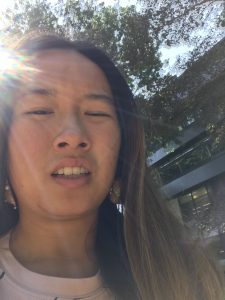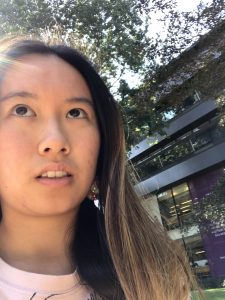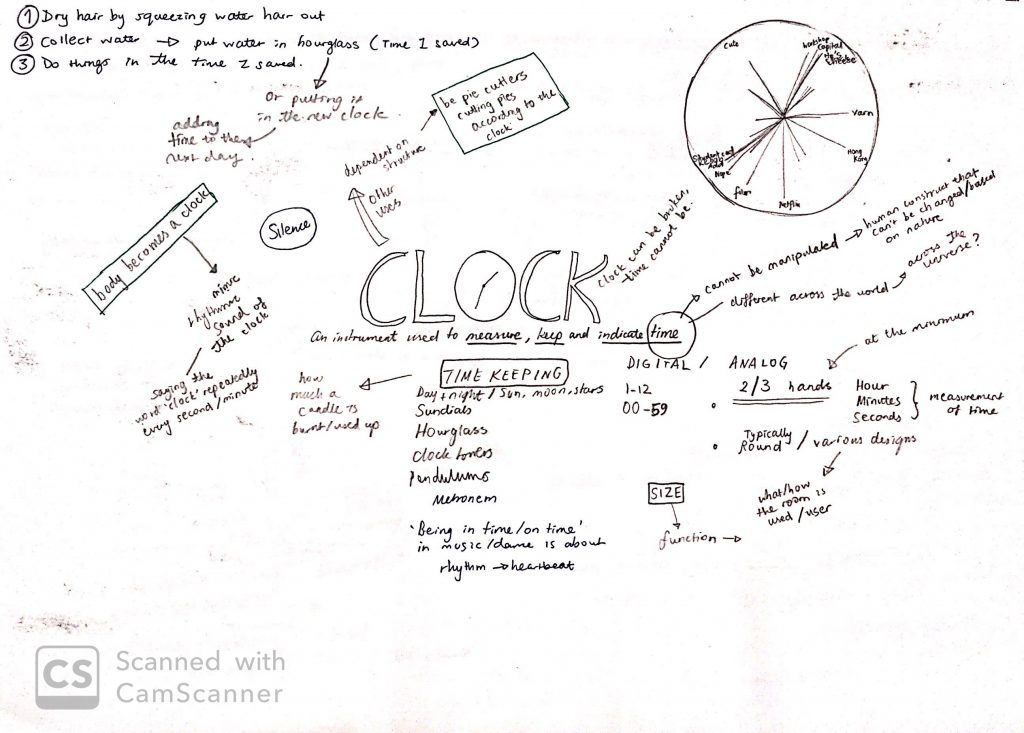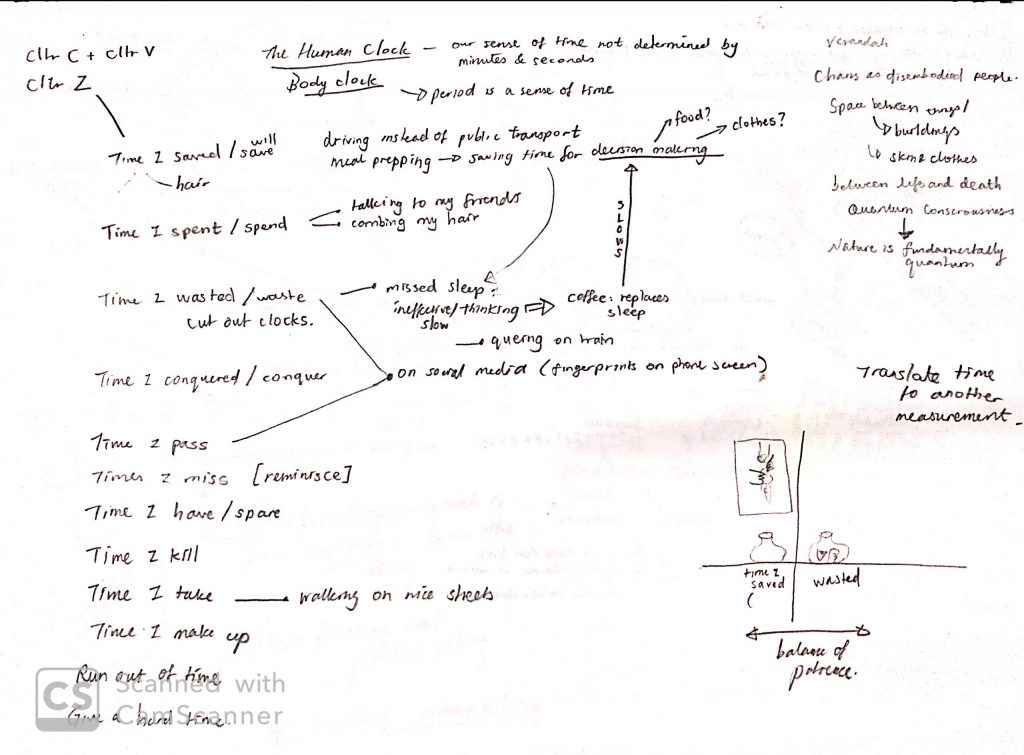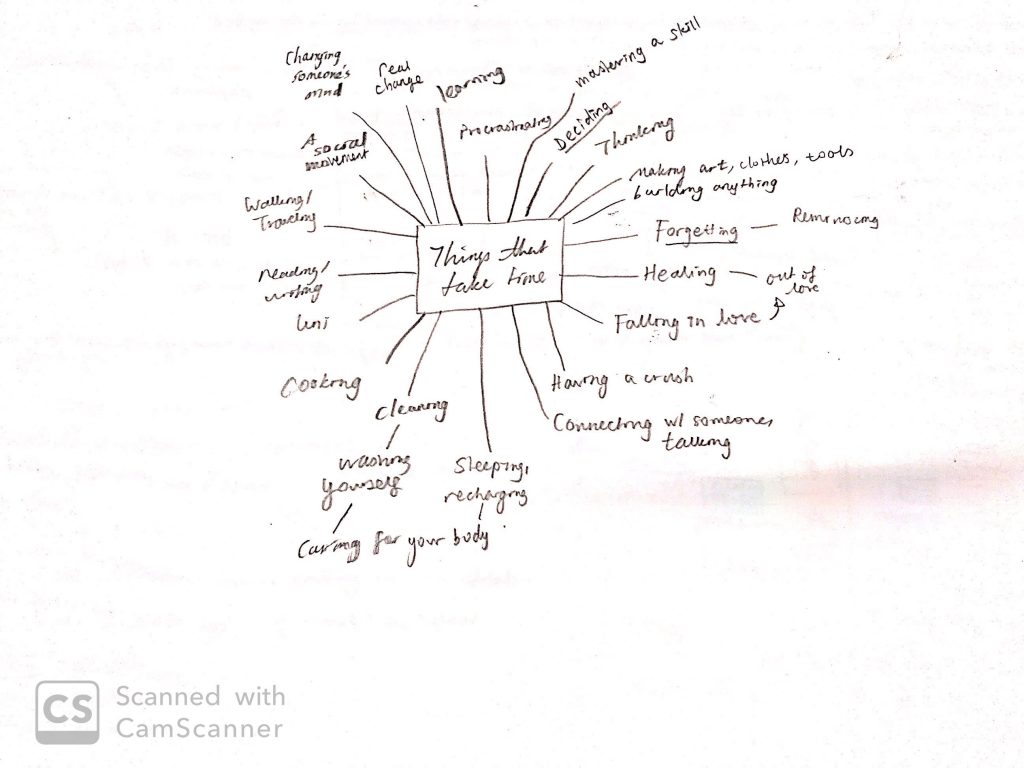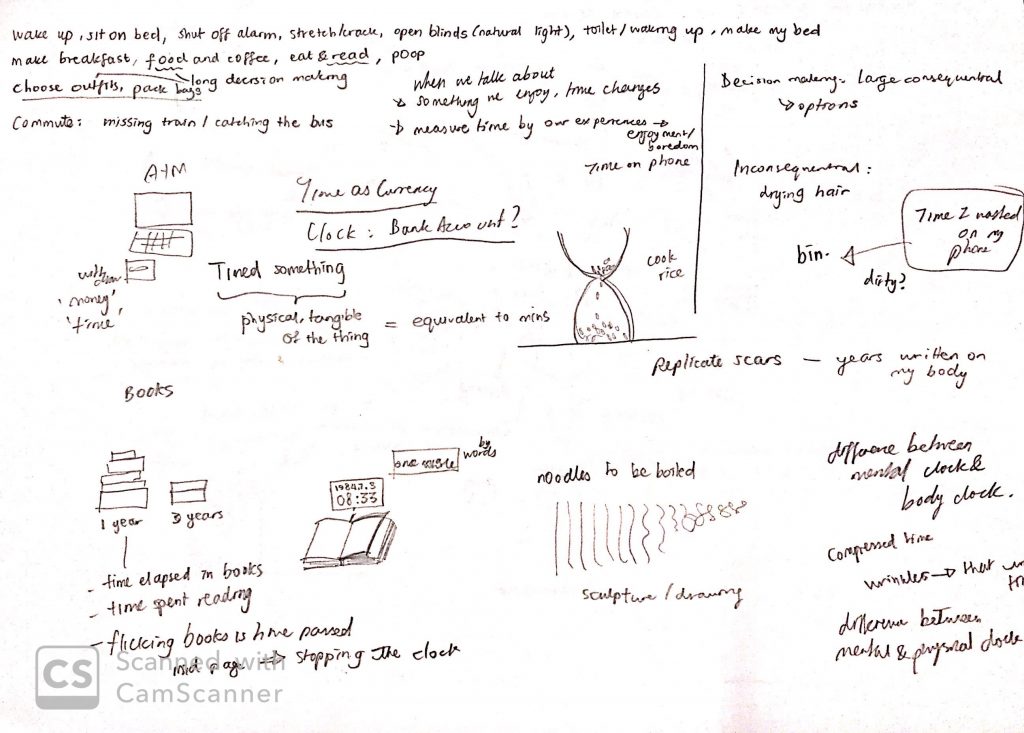13.1.2020
achoo, aichoo, hatchoo, hatchu, ha-chu!
THE SNEEZE COLLECTOR
I want to explore the involuntary action of sneezing and how it sometimes disrupts the flow of thoughts or conversations. Every time that I sneeze till the end of the experiment, I will record the time and the last word that I see or hear either in my surroundings or inside my head.
Here are my recordings so far:
13.1.2020 12:39 Kebab 12:40 Student Card 1:40 Add 2:08 Capital 3:11 He's 4:51 Cute 5:27 Netflix 9:06 workshop 10:16 Yarn 14.1.2020 8:12 Cheese 8:12 Clock 8:21 Hong Kong 9:37 Nope 10:34 film
“A sneeze is no joke — air flies out of your nose at crazy high speeds. To brace for impact, your body triggers a reflex that tenses the muscles in your nose, moves your tongue to the roof of your mouth, squeezes your eyes shut and freezes you to the spot.”
Me trying to capture a sneeze, although the sneeze automatically stops when I think too much about it.
Thoughts and Reflections after Day 1
I’ve become hyper aware every time I was about to sneeze as I started preparing myself to try and capture it with my phone while purposely not disrupting the flow of thought. If my body was a universe, a sneeze is strong enough to stop everything for a millisecond. This was ironic because the initial idea to explore something minuscular that disrupted my universe and the vessels of thoughts led to a longer period of disruption in the lead up to and aftermath of each sneeze. I looked in the dataset again and noticed:
8:12 Clock
It was in this precise moment that I captured myself thinking about this random generator and how a sneeze freezes my body clock for a millisecond. I felt that I hacked my own random generator by thinking about it when I used to remember the thoughts I’ve forgotten through sneezing. 8th of December is also my birthday so perhaps this thought did come serendipitously. Clock is my word.
CLOCK
a mechanical or electrical device for measuring time, indicating hours, minutes, and sometimes seconds by hands on a round dial or by displayed figures.
- The essence of a clock (the core design)
- analogue: has 2 hands (one long and one shorter)
- makes a pulse with every second / create a beat
- digital: 3-4 digits of numbers [doesn’t necessarily make a sound]
2. System to measure time
Time, unlike distances, weights or volumes are not man made but observed. The world can operate with different systems of measurements for human constructs but what about time? Whilst we cannot change the time it takes for the Earth to revolve around its own axis, we could divide the 24 hours (or 23 hours and 54 minutes) in different segments that do not use ‘hours, minutes and seconds.’ Our measurement for time was the work of Ancient Egyptians who used a base-12 rather than base-10 system because humans could count up to 12 knuckles with their thumbs on one hand. They divided time into three parts: 10 hours of daylight, 12 hours of nighttime, and two twilight hours, one at the beginning of the day and one at the end.
I remember as a child my grandma used to describe the interval of five minutes as 一個字 (yuc gor zi) which literally translates to ‘one word.’ Being confused I thought this was the same as a second (because it takes a second to say one word), but it was not years later that I realised it was a slang to indicate five minutes which is one interval of numbers on the traditional clock. The Chinese calendar also has an extra month every leap year rather than an extra day since it is based on exact astronomical observations of the sun and moon’s phases. Yet, Chinese time hasn’t prevailed through the years.
Can I create a different system of time measurement and then another device to indicate these measurements?
Yesterday I measured the time it takes for my hair to dry: 3 hours and 14 minutes. If I spontaneously make my own measurements 3 hours and 14 minutes can now be defined as 1 hair (where h is silent like the word ‘hour’). I can continue on this and create my own ‘minutes’ and ‘seconds’ equivalent.
3. A device to control time?
15-16.1.20
Trying to understand how we understand time and then dissecting these concepts into what we have learnt and what is natural for our bodies.
WEEK 2 WORD DEVELOPMENT
Most things take time and humans always want to speed up this time. We want to speed up everything except for forgetting.
After my first work, I wanted to keep exploring the idea of ‘Body Clock’ and how it appears everywhere. I always wanted to create a collection of ‘time wasted’ or ‘time spent’ in contrast to ‘time saved.’
